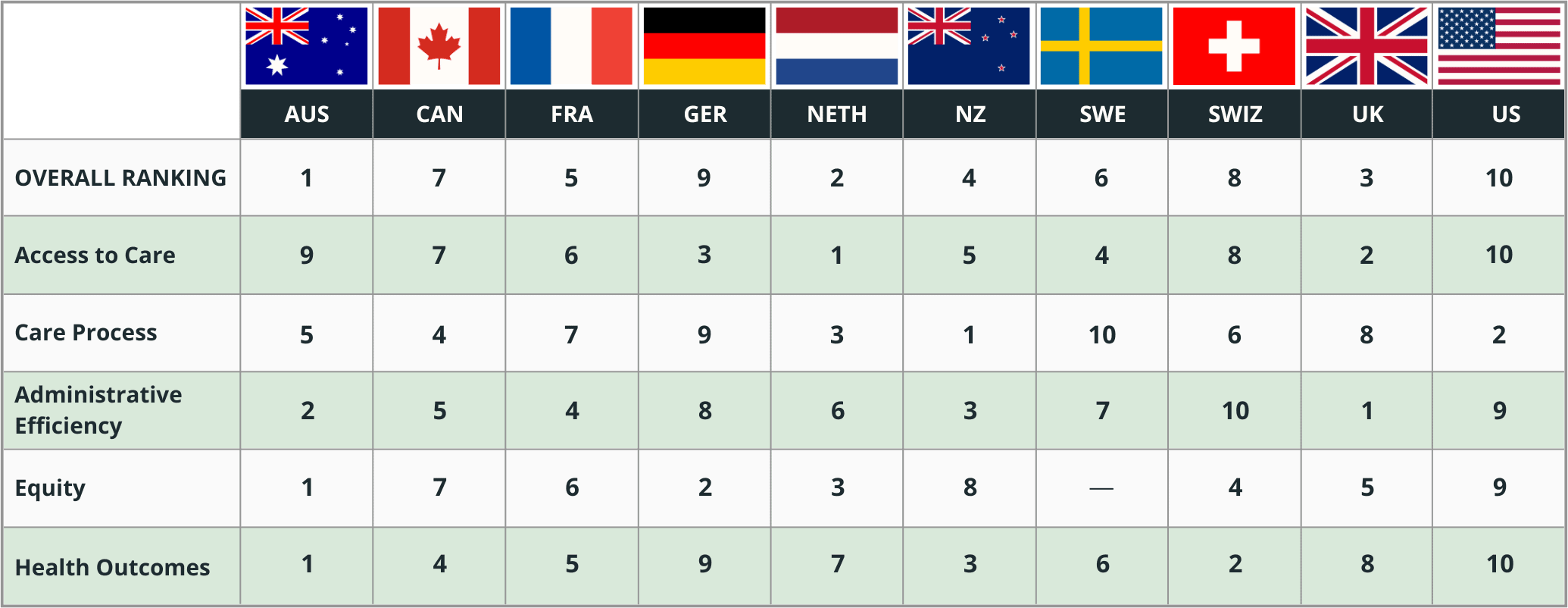A new Global Healthcare Access Ranking has assessed countries worldwide on the availability, affordability, and quality of health services, with Africa recording mixed results that highlight both persistent challenges and signs of progress.
The ranking, compiled by international health researchers, placed most African nations in the lower tier, citing underfunded systems, poor infrastructure, and limited access to essential medicines. However, a few countries — including South Africa, Kenya, Morocco, and Rwanda — showed notable improvements in universal health coverage and innovative healthcare reforms.
Nigeria, Africa’s most populous country, scored below the global average, reflecting long-standing issues of inadequate facilities, brain drain among medical professionals, and high out-of-pocket costs for citizens.
Experts say the scorecard underscores the urgent need for governments to increase public health investment, strengthen primary care, and leverage digital health innovations to bridge gaps in access.
“Africa’s health systems are under immense pressure, but the ranking shows that with the right policies and sustained funding, meaningful progress is possible,” the report stated.
The findings are expected to shape debates at upcoming international health forums, with policymakers urged to prioritize resilient healthcare systems to better respond to both everyday needs and future crises.
